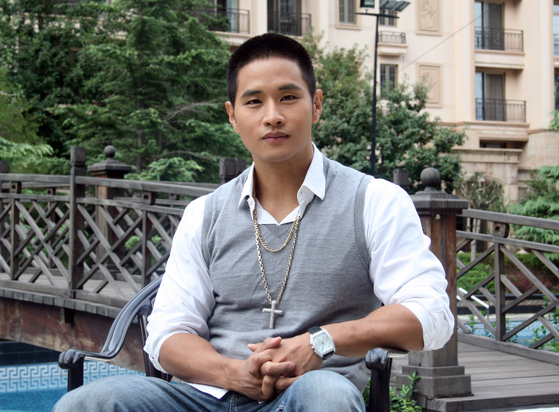Singer Steve Yoo, also known as Yoo Seung-jun, has faced a third denial of his visa request, prompting him to take legal action against the Korean consulate’s decision.
Yoo shared a statement from his legal representative, attorney Ryu Jeong-sun, on his Instagram account on Sunday.
“The South Korean Consulate General in Los Angeles refused to issue his visa, citing concerns that Yoo’s actions after July 2, 2020 [the date of the second refusal] could harm Korea’s interests in national security, law and order, public welfare or diplomatic relations,” the lawyer said.
Once one of the most popular musicians in the late 1990s and early 2000s, Yoo has been unable to enter Korea since 2002, when he acquired U.S. citizenship in an apparent attempt to avoid mandatory military service in Korea.

He is banned from entry under Article 11 of the Immigration Act, which prohibits entry for individuals who may “harm the interests” of Korea. Although he briefly visited Korea in 2003 due to the death of his father-in-law, he remains prohibited from entering.
“The situation where the administrative branch has twice ignored the judiciary’s final judgment and continues to engage in unlawful actions is not only a human rights violation against Yoo, but also a serious issue that could undermine the fundamentals of the rule of law,” the lawyer said.
Yoo applied for an F-4 visa at the Consulate General in 2015, which allows work in Korea. After the consulate denied his visa, he filed a lawsuit to challenge the decision, which was upheld by the Supreme Court. Yet, the LA consulate rejected his visa, claiming that “Yoo’s avoidance of mandatory military service may harm the national interest.”
Yoo filed a second lawsuit in 2020. He lost the initial trial but won the subsequent appeal. Despite this, the consulate still refused to issue the visa.
The attorney criticized the decision as “disrespecting the judgment of the judiciary,” claiming that the consulate’s continued rejection of the visa was based on public sentiment against Yoo rather than legal grounds.
“If there is a ruling that the administrative action is illegal, the authorities should reconsider the approval of the visa accordingly,” the lawyer said.
Yoo has filed a lawsuit to revoke the denial of his third visa application, as well as a lawsuit to declare the decision invalid or nonexistent, according to the statement.
Yoo made his debut with his first album, “West Side,” in 1997 and rose to fame with hit songs like “Scissor” (1998), “Nanana” (1998) and “Passion” (1999).
To find out more about Steve Yoo, visit Celeb Confirmed!
BY WOO JI-WON [woo.jiwon@joongang.co.kr]




